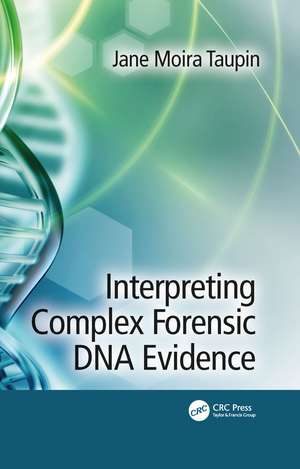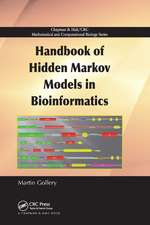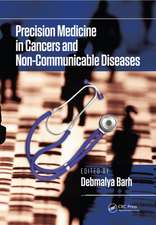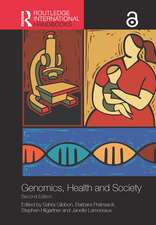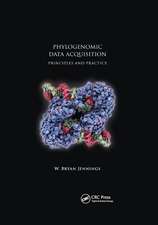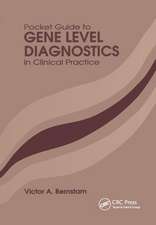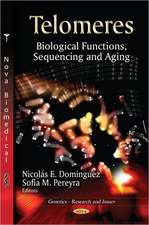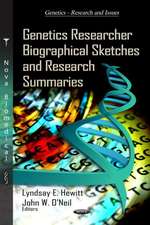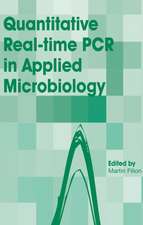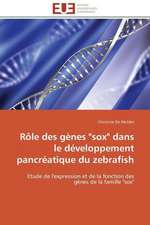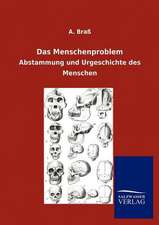Interpreting Complex Forensic DNA Evidence
Autor Jane Moira Taupinen Limba Engleză Paperback – 30 iun 2021
With such advances, and increasing improvements in technological capabilities in testing samples, this means it is possible to detect ever smaller amounts of DNA. There are also many efforts underway to seek was to interpret DNA profiles that are sub-optimal—either relative to the amount required by the testing kit and, potentially, the quality of the obtained sample. Laboratories often use enhancements in order to obtain a readable DNA profile.
The broad-reaching implications of improving DNA sensitivity have led to this next, emerging generation of more complex profiles. Examples partial profiles that do not faithfully reflect the proposed donor, or mixtures of partial DNA from multiple people. A complexity threshold has been proposed to limit interpretation of poor-quality data. Research is now addressing the interpretation of transfer of trace amounts of DNA. Complex issues are arising in trial that need to be reconciled as such complexity has added challenges to the interpretation of evidence and its introduction or dismissal in certain cases in the courts.
Key Features:
- Addresses DNA transfer, from person-to-person as well as to objects
- Outlines each stage required to produce a DNA profile from an exhibit—including collection, handling, storage, and analysis
- Discusses ethics, subjectivity, and bias—including cognitive dissonance—as they relate specifically to complex DNA evidence
- Highlights current techniques and the latest advances in DNA analysis, including advances in familial DNA searches
Interpreting Complex Forensic DNA Evidence provides tools to assist the criminal investigator, forensic expert, and legal professional when posed with a DNA result in a forensic report or testimony. The result—and any associated statistic—may not reveal any ambiguity, complexity, or the assumptions involved in deriving it. Questions from resolved criminal cases are posed, and the relevant forensic literature, provided for the reader to assess a DNA result and any associated statistic. Case studies throughout illustrate concepts and emphasize the need for conclusions in the forensic report that are supported by the data.
| Toate formatele și edițiile | Preț | Express |
|---|---|---|
| Paperback (1) | 420.18 lei 43-57 zile | |
| Taylor & Francis – 30 iun 2021 | 420.18 lei 43-57 zile | |
| Hardback (1) | 409.23 lei 43-57 zile | |
| Taylor & Francis – 2 dec 2019 | 409.23 lei 43-57 zile |
Preț: 420.18 lei
Preț vechi: 494.33 lei
-15% Nou
Puncte Express: 630
Preț estimativ în valută:
80.40€ • 84.17$ • 66.53£
80.40€ • 84.17$ • 66.53£
Carte tipărită la comandă
Livrare economică 07-21 aprilie
Preluare comenzi: 021 569.72.76
Specificații
ISBN-13: 9781032084343
ISBN-10: 1032084340
Pagini: 180
Ilustrații: 10 Illustrations, black and white
Dimensiuni: 156 x 234 x 10 mm
Greutate: 0.26 kg
Ediția:1
Editura: Taylor & Francis
Colecția CRC Press
Locul publicării:Oxford, United Kingdom
ISBN-10: 1032084340
Pagini: 180
Ilustrații: 10 Illustrations, black and white
Dimensiuni: 156 x 234 x 10 mm
Greutate: 0.26 kg
Ediția:1
Editura: Taylor & Francis
Colecția CRC Press
Locul publicării:Oxford, United Kingdom
Public țintă
Academic, Professional, and Professional Practice & DevelopmentCuprins
Preface - Aims and Scope Chapter 1 Complex DNA evidence Chapter 2 Complex DNA profiles Chapter 3 Statistical evaluation of complex DNA evidence Chapter 4 Transfer Chapter 5 Integrity Chapter 6 Familial DNA searching Glossary of terms
Descriere
Interpreting Complex Forensic DNA Evidence is a handy guide to recent advances and emerging issues in interpreting complex DNA evidence and profiles for use in criminal investigations. This book provides tools to assist the criminal investigator, forensic expert, and legal professional.
